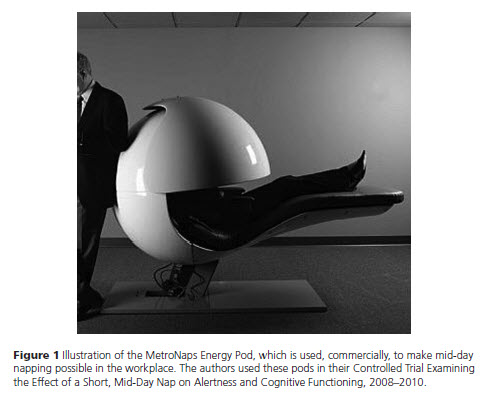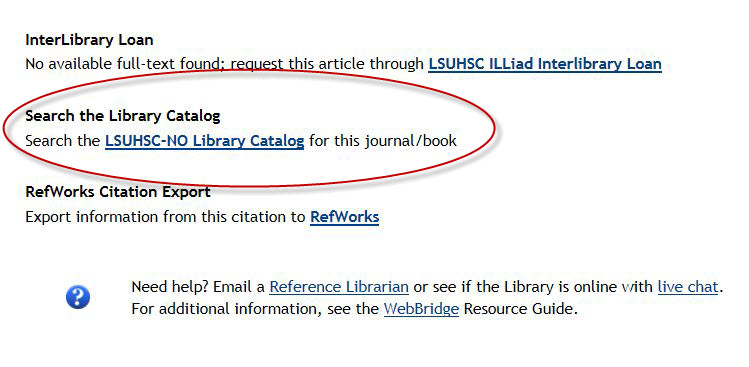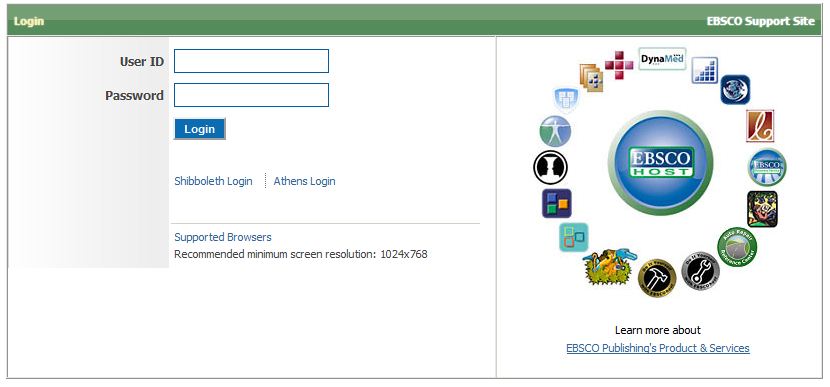There is a new selection faculty publications now on display for the month of September.  These articles, authored by LSUHSC-NO researchers, have been added to the display in the LibraryÔÇÖs Reference area (near the Library elevator) on the third floor of the Resource Center Building. These items are also part of the LibraryÔÇÖs Faculty Publications Database.
These articles, authored by LSUHSC-NO researchers, have been added to the display in the LibraryÔÇÖs Reference area (near the Library elevator) on the third floor of the Resource Center Building. These items are also part of the LibraryÔÇÖs Faculty Publications Database.
The Faculty Publications Database includes publications authored by at least one member of the LSUHSC-New Orleans faculty, 1998 ÔÇô present. Access to this database is available to the public. The database is linked from the Library web page?áhere. This page includes a handy link to a?áPDF?áof the monthly bibliography of display articles. To add your faculty publications, or for questions about this database, contact?áKathy Kerdolff.
LSUHSC-NO authors are shown in bold print:
1. England JD, Franklin GM. “Difficult decisions: Managing chronic neuropathic pain with opioids.” Continuum. 2012; 18(1):181-184.
2.?áGee RE. “Preventive services for women under the affordable care act.” Obstetrics & Gynecology. 2012; 120(1):12-14.
3.?áHaque N, Raza A, McGoey R, Boulmay B, Diethelm L, Kantrow S. “Small cell lung cancer: Time to diagnosis and treatment.” Southern Medical Journal. 2012; 105(8):418-423.
4.?áJacob JT, Levet J,Jr, Edwards TA, Dassanayake N, Ketelson H. “Visualizing hydrophobic domains in silicone hydrogel lenses with sudan IV.” Investigative Ophthalmology & Visual Science. 2012; 53(7):3473-3480.
5.?áSimon LM, Magit AE. “Impact of incision and drainage of infected thyroglossal duct cyst on recurrence after sistrunk procedure.” Archives of Otolaryngology – Head & Neck Surgery. 2012; 138(1):20-24.
6.?áSingh G, Kumar A, Sinha N. “Studying significance of apoptosis in mediating tolbutamide-induced teratogenesis in vitro.” Fundamental & Clinical Pharmacology. 2012; 26(4):484-494.
7.?áSterling YM. “Impact of the environment on asthma control.” Journal of Community Health Nursing. 2012; 29(3):143-153.
8.?áMader EC, Jr, Maury JS, Santana-Gould L, Craver RD, El-Abassi R, Segura-Palacios E, Sumner AJ. “Human Rabies with Initial Manifestations that Mimic Acute Brachial Neuritis and Guillain-Barre Syndrome.” Clinical Medicine Insights: Case Reports. 2012; 5: 49-55.

 myLSUHSC
myLSUHSC



